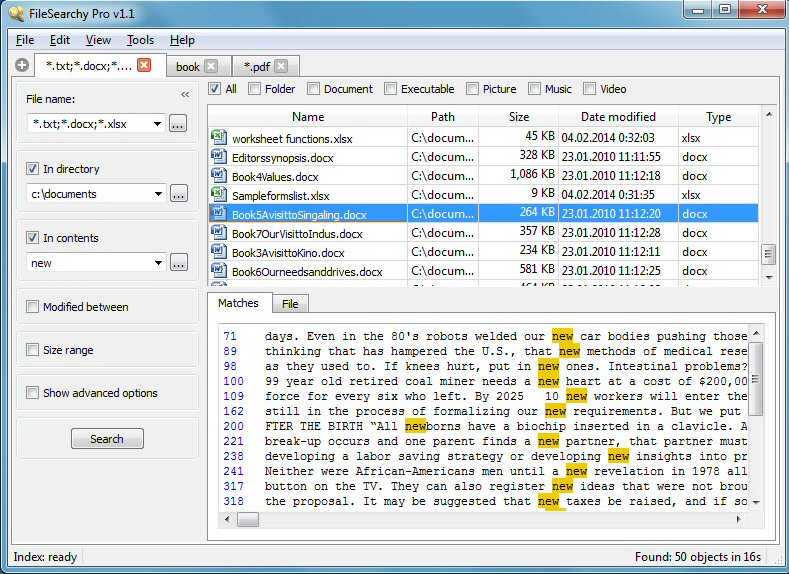

This (i.e., /usr/bin/[), and not the shell's [ builtin, is what find runs when you use -exec [. man \[ and 16.3 test: Check file types and compare values in the Coreutils docs.man mv and the GNU Coreutils reference manual (especially 11.4 mv: Move (rename) files).man find and the GNU Findutils reference manual.Then find evaluates the next -exec expression, which prints the warning message. But if [ returned false, the file is still there. If [ returned false, then the file is gone, so it was moved, so there's no need to do anything. To list all the directories on the basis of modification time.

(Many commands' exit statuses are best interpreted as signifying success or failure, but ['s exist status is usually best interpreted as true or false.) Here I will show you some enhanced use of 'ls' with different switches where you can view the files and directories on the basis of their access and modification time along with different format of time and date. you can run: find srcdir -type f -newermt ! -newermt -exec mv -i ) exists (and is a regular file), and returns either true/success or false/failure.


 0 kommentar(er)
0 kommentar(er)
